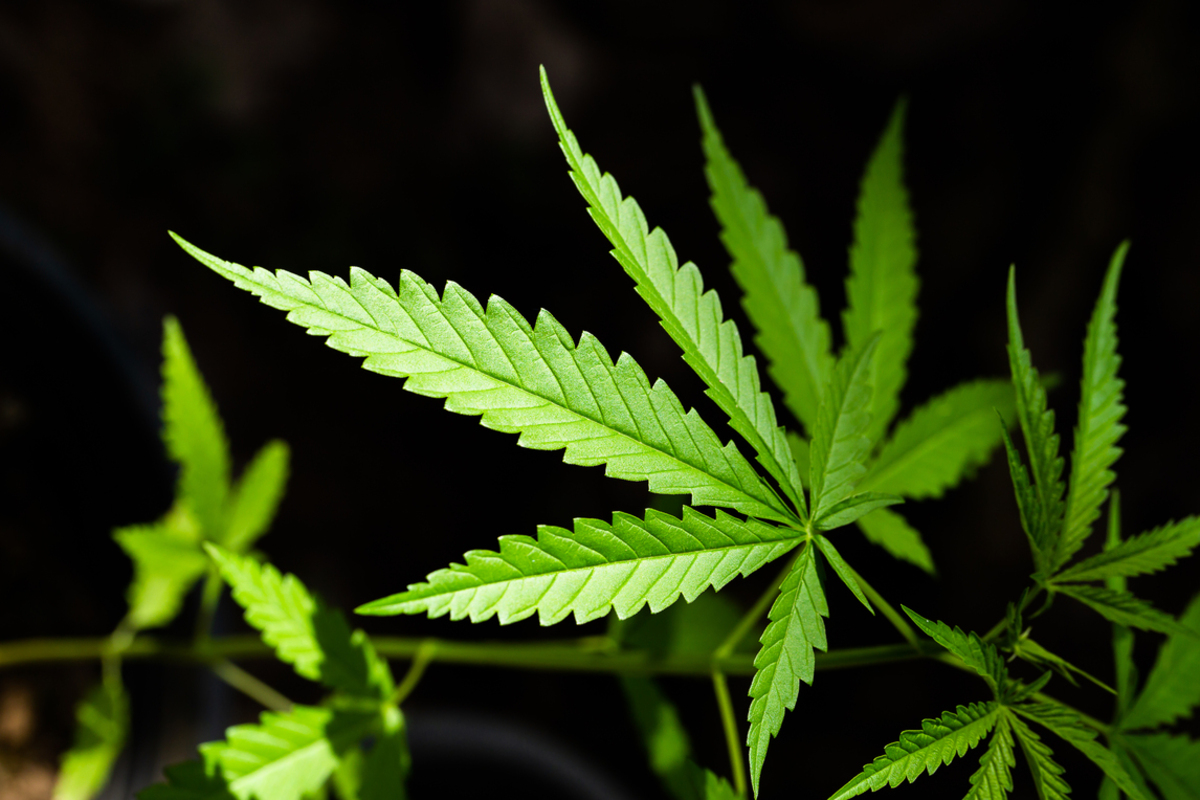Marijuana — the most popular illegal drug in the United States and many other countries — has many names. It has affectionately been dubbed pot, weed, grass, ganga, burrito, dope, Mary Jane, and herb (As in, "Whatcha prosecuting me for? It was just 'erbs, mahn!"). And that's just the start.
Usually either smoked or consumed in tea, brownies, and candies, many people enjoy this drug on a casual, recreational basis and can call themselves connoisseurs rather than addicts. That doesn't mean marijuana use can't cause problems, though. Up to 30 percent of users are believed to be addicted to cannabis, which has become increasingly potent with time. To make matters worse, it's becoming legal in more places, making it easier to get a hold of.

What is marijuana?
A greenish or brownish combination of the cannabis plant's dried leaves and flowers, marijuana can be used in quite a few different ways. Some folks smoke marijuana in hand-rolled cigars, while others roll the marijuana up into a joint and then smoke it. Marijuana-packed brownies, cookies, and candies, are also popular, and some people might like to sip a high-inducing tea on occasion. People also use vapes to get their marijuana hits.
The main active ingredient in weed, the one that has the mind-altering and intoxicating effects that addicts are after, is 9-tetrahydrocannabinol (THC). That's not the only chemical in cannabis though — every time you use weed, you also welcome over 500 other chemicals into your body, 100 of which THC-related cannabinoids.
What does marijuana do to your body?
The effects of marijuana are very different for each person, and include:
- Seeing bright colors
- The "munchies" — a really big appetite
- Changes in the way you experience time
- Increased laughing
The effects usually kick in almost immediately if you smoke weed, but if you eat or drink it you may find yourself waiting 30 minutes to an hour. This is because the food has to go through your digestive system. When eating or drinking marijuana, a lot less of the THC goes into your bloodstream — and these delayed effects unfortunately mean that addicts may get a whole lot more THC than they wanted to.
What are the warning signs that recreational weed use has become a marijuana addiction?
Maybe you've been using a lot of weed and are wondering whether it has become a problem for you, or perhaps you're trying to identify marijuana addiction in someone you care about. Either way, the signs of a cannabis addiction include, according to the fifth edition of the diagnostic and statistical manual of mental disorders:
- Using more marijuana than you planned to, for longer, and more often.
- Wanting to quit using marijuana or reduce your use but not managing, often even after you try seriously.
- Spending a lot of time getting marijuana, using it, recovering from using it, being high, or getting money to use more.
- Craving cannabis when you don't have it.
- Using weed to the point where it interferes with your everyday responsibilities — which could mean underperforming at work or school, not showing up to meetings or classes, and so on.
- Suffering problems in your social life (with relatives, friends, partners, or coworkers) because of your marijuana use, but not taking steps to stop.
- You give up on other things in your life because you are using cannabis. Examples might include visiting your mother, attending a friend's wedding, or taking a course.
- You repeatedly use marijuana under circumstances where it could pose physical danger, like when driving.
- You keep using even though marijuana is causing or contributing to physical or mental problems.
- You've developed tolerance, meaning you either don't ge the same high from the same amount, or use more to achieve that high.
- When you don't use it for a while, you notice withdrawal symptoms, these include, irritability, restlessness and trouble sleeping, marijuana craving, loss of appetite, abdominal pain, and nausea.
How does a marijuana addiction affect you?
Long-term marijuana abuse in adolescence can, meanwhile, affect brain development. Connections in your mind crucial for attention, learning, and memory functions may suffer, and while these changes aren't usually permanent, watch out — they can be. Let's not neglect to mention that weed abuse can also have a negative impact on your heart, lung,and mental health, as well as increasing your risk of cancer if you smoke it.
Can marijuana addiction be treated?
Yes. While marijuana addiction can be treated, it may be difficult. Most people try to quit several times before finally freeing themselves of their addiction. Behavioral therapies are your best bet for a cannabis-free life:
- Cognitive behavioral therapy is a type of psychotherapy that teaches addicts ways to quit drugs and control themselves as well as helping them learn to deal with their problems in more productive ways.
- Motivational enhancement memory is a type of intervention to motivate change.
- Contingency Management is an approach that monitors patients and rewards them when they do, or do not, something.
- Photo courtesy of SteadyHealth
- www.ncbi.nlm.nih.gov/books/NBK538131/
- www.drugabuse.gov/publications/research-reports/marijuana/what-are-marijuana-effects
- www.cdc.gov/marijuana/health-effects.html
- www.ncbi.nlm.nih.gov/pmc/articles/PMC4827335/
- www.drugabuse.gov/publications/research-reports/marijuana/available-treatments-marijuana-use-disorders


Your thoughts on this